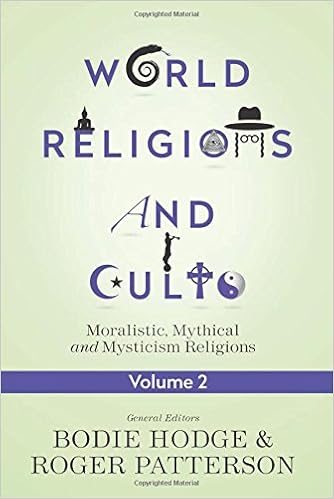Empiricism
Definition
Empiricism describes any philosophy which claims that all knowledge originates in experience, denying the validity of both deductive reasoning and divine revelation.
Keywords: Empiricism, Philosophy, Knowledge, Experience, False, Contradictory.
Veracity
Empiristic claims are false .
Proof
Any worldview that does not allow for its own foundation is deductively false.
Premise 1: Empricism is false if one must have prior knowledge to make sense of experiences.
Premise 2: One must have the prior knowledge of universal non-contradiction to make sense of experiences.
Conclusion: Therefore, empiricism is false.
Empiristic claims, when adhered to, deny the possibility of making sense of experiences, all the while claiming that making sense of experiences is the only way to know things. This contradictory denial of knowledge makes empiricism deductively false.
See also
Atheism

Gilbert Guttlebocker, Defender of Dragons
Riveting, yet absurd; romantic, yet innocent; Gilbert Guttlebocker, Defender of Dragons is a little Roald Dahl, a little Harry Potter, and a little Chronicles of Narnia, all rolled into one. Timothy McCabe collaborates with the great Benedict Ballyhoot to bring you the novel of the century!

In Printed Form
Along with numerous other authors including Don Landis, Bodie Hodge and Roger Patterson, Timothy McCabe contributes analyses of various world religions and cults in this volume from Master Books.
Other Writings
Atheism is false: a simple proof
Atheism includes any philosophy which claims that no God or gods exist, including any rational or reasoning creator of the universe.
Continue reading...
"Why does God change His mind so much? (Gen 6:7; Exd 32:14; Jdg 2:18; 1 Sam 15:35; Jhn 3:10 etc)"
Below are the verses cited in the question. John 3:10 doesn't seem to fit the question, so I assume it was a typo. Nonetheless, the other verses should more than suffice to make the point the questioner intended. Genesis 6:7 The LORD said, "I will blot out man whom I have created from the face of the land, from man to animals to creeping things and to birds of the sky; for I am sorry that I have made them.
Continue reading...
"How did we get here? Where did we all come from?"
The Bible teaches that God, through His Son, Jesus, the Word of God, specially created all things, including humanity (Gen 1, John 1:3). Of humanity, God first created a man, named Adam, and then a woman, whom the man named Eve. God then breathed life into them. They both lived for close to a thousand years, and had numerous children between them, some of whom are also named in scripture (Gen 4:1-2; Gen 4:25; Gen 5:3-4). From these original people, all of us are descended.
Continue reading...